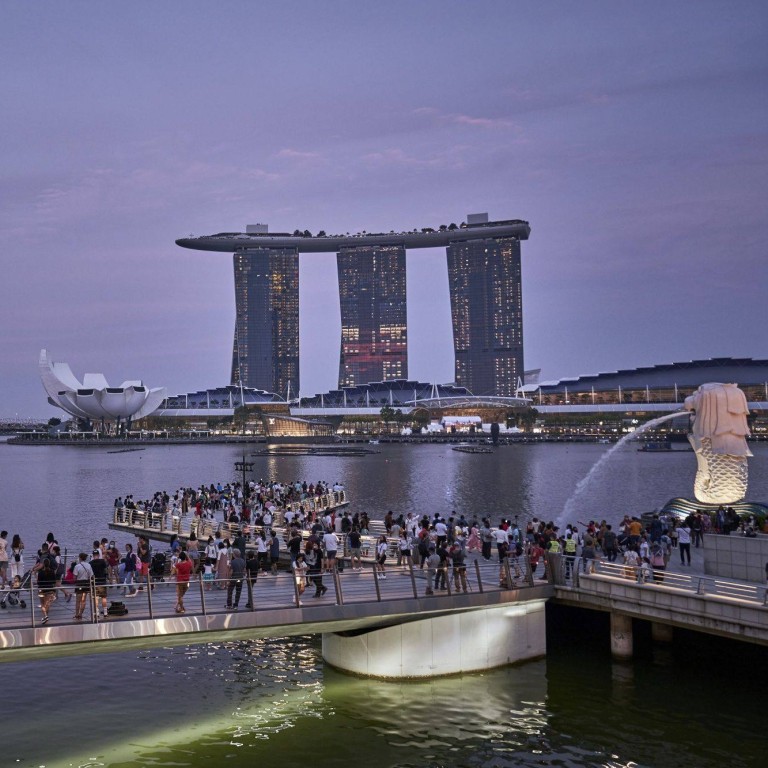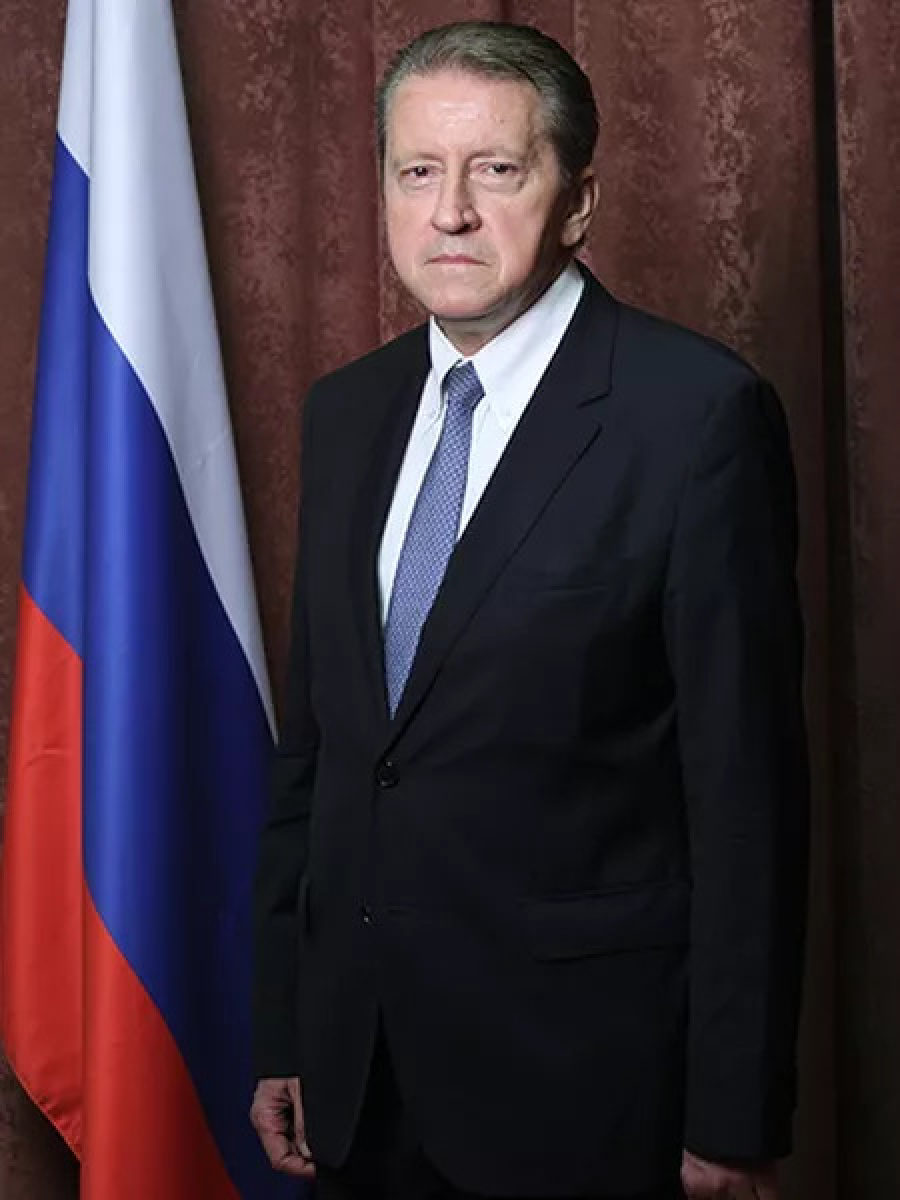
Russia’s Singapore envoy says image in Asia remains ‘snow-white’, Moscow has ‘no regrets’ after Ukraine invasion
- Russia’s Singapore envoy Nikolay Kudashev said Russia had ‘nothing to be ashamed of, and nothing to regret’ following the invasion of Ukraine
- He pointed out that few Asian nations had sanctioned Putin’s government and warned of the consequences of isolating one of world’s biggest powers
“The overwhelming majority of the world’s countries do not want to live as if the colonial times are back. The vast majority of states want to be independent, want to rely on their own traditions, to rely on their own history and their old friends,” he said.
Asian nations shouldn’t focus on Ukraine war, says Russia’s envoy to Singapore
“As far as our image is concerned, we’ve got nothing to be ashamed of, and nothing to regret. To all those with a sense of good and reason, Russia’s image remains snow-white and untouchable for slander and defamation,” the ambassador told This Week In Asia in an interview.

“This is not even an offer … but rather, it is essentially an ultimatum.”
Russia’s message is inclusive, open, predictable and sustainable … rather than going back to confrontation, domination and unipolarity
“Russia’s message is inclusive, open, predictable and sustainable … rather than going back to confrontation, domination and unipolarity,” he added.
Ties with Singapore ‘frozen’
The soured ties would affect Singapore more keenly, he said, citing how the island republic has constraints resulting from its geography. “Singapore needs openness [and] international cooperation but not sanctions,” he said.
Ukraine invasion: Singapore aside, rest of Asean’s ambivalence is ‘shocking’
Kudashev stressed that Moscow did not lack friends and partners, and attempts to isolate Russia would fail. There could be many consequences if countries isolated Russia, he said. “To put it simply, the risks of confrontation will grow.”
In the 40-minute interview, Kudashev echoed earlier statements by the Kremlin that Russia was not waging war on the Ukrainian people, calling Russia’s military operation a “last resort” and a “forced” decision.
Russia, he said, remained open to political and diplomatic solutions, and would be a reliable partner for those interested in cooperation.
The West, he said, has also discriminated against Russian energy projects including the Nord Stream 1 and 2 pipelines, citing how Western nations reduced the capacity of Nord Stream 1 by 50 per cent.
A decision on whether Putin would be there in-person or virtually would be made closer to the date and would factor in Covid-19 considerations.
“President Putin will definitely be part of the summit. As far as his physical or virtual presence is concerned, the decision would be taken the week before the summit,” he said.

